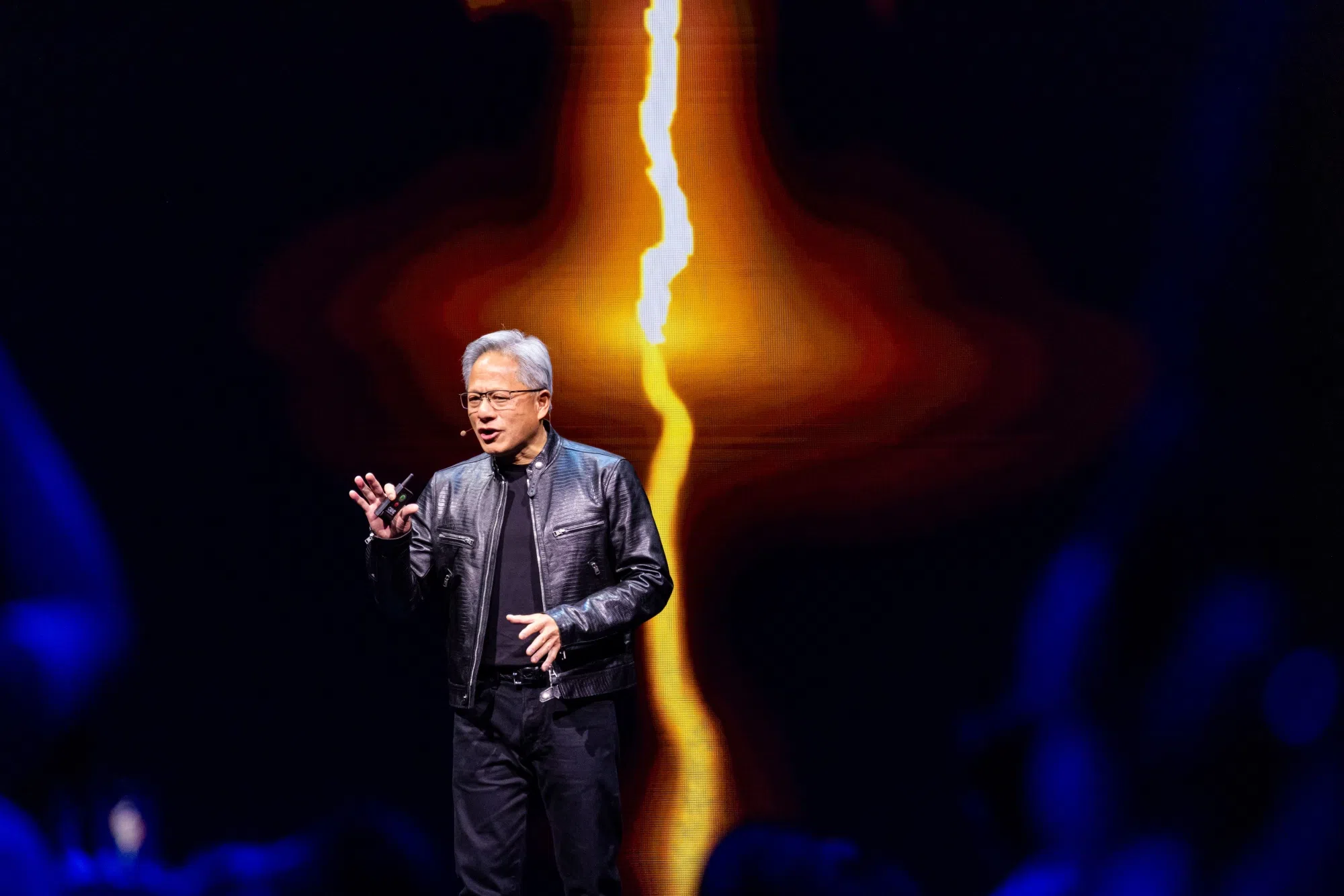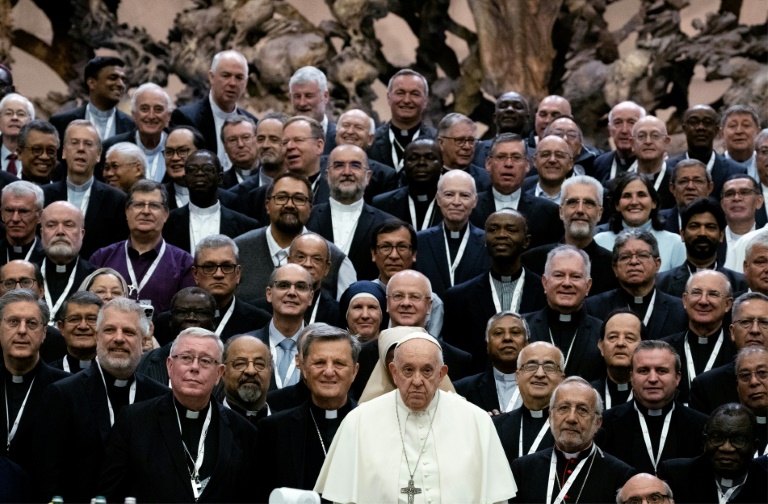NVIDIA is still working on the certification process for Samsung Electronics’ high-bandwidth memory chips, a final required step before the Korean company can begin supplying a component essential to training AI platforms.
Chief executive officer Jensen Huang told reporters on Tuesday (Jun 4) his company was examining the so-called HBM chips that Samsung and Micron Technology offer.
Nvidia’s endorsement is needed before either can directly compete with SK Hynix, whose share price has soared since it began supplying Nvidia with HBM3 and more advanced HBM3e chips.
Samsung has fallen well behind its smaller rival in that market, which has experienced explosive growth because the chips are used for training artificial intelligence models like ChatGPT. While Samsung has not failed any qualification tests, its HBM product needed more engineering work, Huang told reporters.
“We just have to do the engineering. It’s just not done,” Huang said during a briefing at Computex in Taipei.
“I want it to be done by yesterday. But it’s not done yet. We have to be patient.”
GET BT IN YOUR INBOX DAILY
Start and end each day with the latest news stories and analyses delivered straight to your inbox.
Samsung’s shares climbed as much as 4.1 per cent in after-hours trading in Seoul, according to local financial data provider Koscom. Huang’s comments came after Reuters reported that Samsung was grappling with heat and power consumption issues in its HBMs, which are designed to work in tandem with Nvidia’s AI accelerators.
“There’s no story there,” Huang said when asked directly about that article.
Investors have become increasingly concerned about Samsung’s response to SK Hynix, which recently reported its fastest pace of revenue growth since at least 2010.
The growing rift is considered one of the key factors behind Samsung’s recent decision to replace the head of its semiconductor division – an unusual step that signalled to investors the company’s resolve to make up lost ground.
In contrast, SK Hynix’s production capacity for such chips is almost fully booked through next year. Given the capacity constraints, Nvidia could benefit from having a strong alternative supplier.
Samsung – the world’s largest producer of memory chips overall – says it has already begun mass production of its latest HBM product, eight-layer HBM3E, and plans to mass produce 12-layer versions in the second quarter.
The company expects its supply of HBM to increase by at least three times in 2024 compared with last year.
But SK Hynix is also expanding. It plans to spend about US$14.6 billion building a new complex in South Korea to meet demand for HBM chips. It’s also erecting a US$4 billion packaging facility in Indiana – its first in the US. BLOOMBERG






